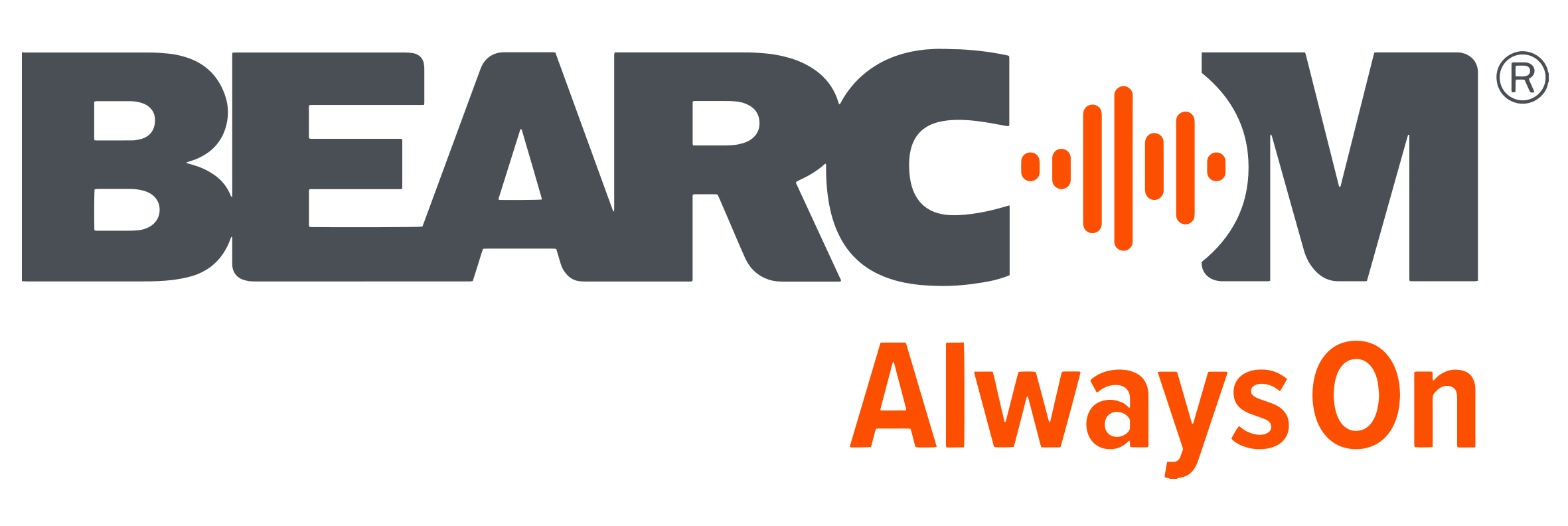The latest public notice from the Federal Communications (FCC) on its narrowbanding mandate confirms two points that should be of interest to organizations that depend on two-way radio communication.
First, the FCC intends to go ahead with plans to verify compliance with the mandate, and second, users who have yet to make the technology switch can still avoid the promised penalties. The FCC said the purpose of its March 14 Public Notice was to "provide guidance" to various stakeholders about the conversion from 25 kHz to 12.5 kHz technology, the deadline for which was January 1.
Despite years of reminders, many licensees pushed the deadline or missed it entirely, leaving the FCC with a backlog of waivers and waiver requests with which to deal. Statistics kept by the Department of Homeland Security indicate that nearly 22% of licensees are still operating on 25 kHz-only technology, though that number's accuracy is difficult to verify, given the number of waivers granted and applications still being processed.
"Cease Operations Immediately or Seek a Waiver"
In a subsequent announcement from the Enterprise Wireless Alliance (EWA), the EWA said, "One of the first suggestions included a recommendation that licensees should delete non-compliant wideband emission designators on their licenses, even if that license also reflects a compliant emission designator. For those licensees who have had their systems programmed to operate in compliance but who have somehow failed to update their licenses, of which there shouldn't be too many incidences, they were encouraged to update their licenses."
"And not surprisingly," the EWA added, "the FCC advised non-compliant system operators to either cease operations immediately or seek a waiver seeking an extension of the narrowbanding deadline."
"Steps to Verify the Status of All Stations"
What should radio users take from this FCC notice? For those organizations that have yet to make the conversion to narrowband technology, it's clear they still have time to avoid the oft-stated penalties.
But ignoring the mandate is still not an option, as the FCC again made clear. It said, "The Bureaus intend to take steps to verify the status of all stations with active licenses that include wideband emission designators, to confirm that such stations remain operational and are in compliance with the narrowbanding rules. The Bureaus will provide more details on this verification process in a subsequent Public Notice."
BearCom Still Offering Assistance with Transition
Even after the deadline, BearCom has continued to help all manner of users through this transition, offering compliance analysis, equipment upgrades, and license preparation and modification. An inventory of equipment reveals which units can be converted to 12.5 kHz and which must be replaced. Users then can arrange for the conversions and procure up-to-date equipment. Finally, new or modified FCC licenses can be obtained.
If your organization needs assistance with narrowbanding, contact BearCom. We can help.




